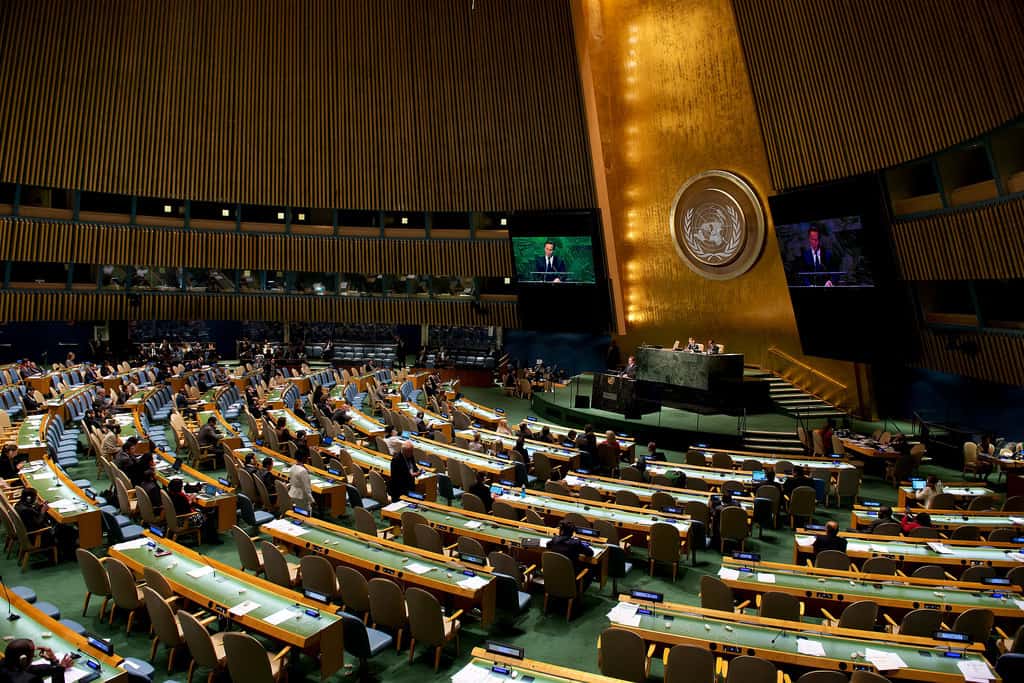


There is a lot more at stake in the discussion over SB 1067 and international child support collection than most people realize. The most significant concern should not be the infinitesimal percentage of children whose child support the state collects across national borders, but the fact Idaho is surrendering its sovereignty in a precedent-setting manner.
What if—instead of the Hague Convention on the International Recovery of Child Support and Other Forms of Family Maintenance—we were dealing with the UN Arms Trade Treaty, and instead of changing Idaho law to comply with federal code on the subject of child support, it was to implement universal gun registration? The feds might threaten to withhold funds or cut off the state's access to crime-fighting tools such as the FBI background check system. Would the governor call a special session so the Legislature could mandate gun registration in Idaho?
Maybe the UN "Convention on the Rights of the Child" that comes around next. Did you know every UN member except Somalia and the United States has agreed to this convention, and Somalia is in the process of complying? Adopting this convention could require that Idaho institute government-funded preschool and grant minors the right to obtain an abortion without parental consent. What if the feds threaten Idaho's education or health care funding if the state refuses to implement these laws?
In the landmark case, National Federation of Independent Business v. Sebelius—which said that Obamacare was constitutional, but forcing states to expand Medicaid wasn't—Chief Justice John Roberts penned the now famous line, "In the typical case we look to the States to defend their prerogatives by adopting 'the simple expedient of not yielding' to federal blandishments when they do not want to embrace the federal policies as their own. The States are separate and independent sovereigns. Sometimes they have to act like it."
Is Idaho acting like a "separate and independent sovereign" or is it "yielding to federal blandishments" by submissively changing its laws to incorporate an international convention? I realize this issue may not excite you, but remember the words of Thomas Paine, "He that would make his own liberty secure must guard even his enemy from oppression; for if he violates this duty, he establishes a precedent that will reach to himself."
The decision Idaho makes on incorporating the Hague Convention on child support into its statutes may not appear to impact you directly or to be particularly significant, but the precedent set by the decision could have long-term and disastrous implications. If we don't take a stand here, will we be able to take one tomorrow? If we compromise our sovereignty over an issue which may seem inconsequential, will we stand and fight when the issues are far more momentous?
I fear the answer to both questions is no.



